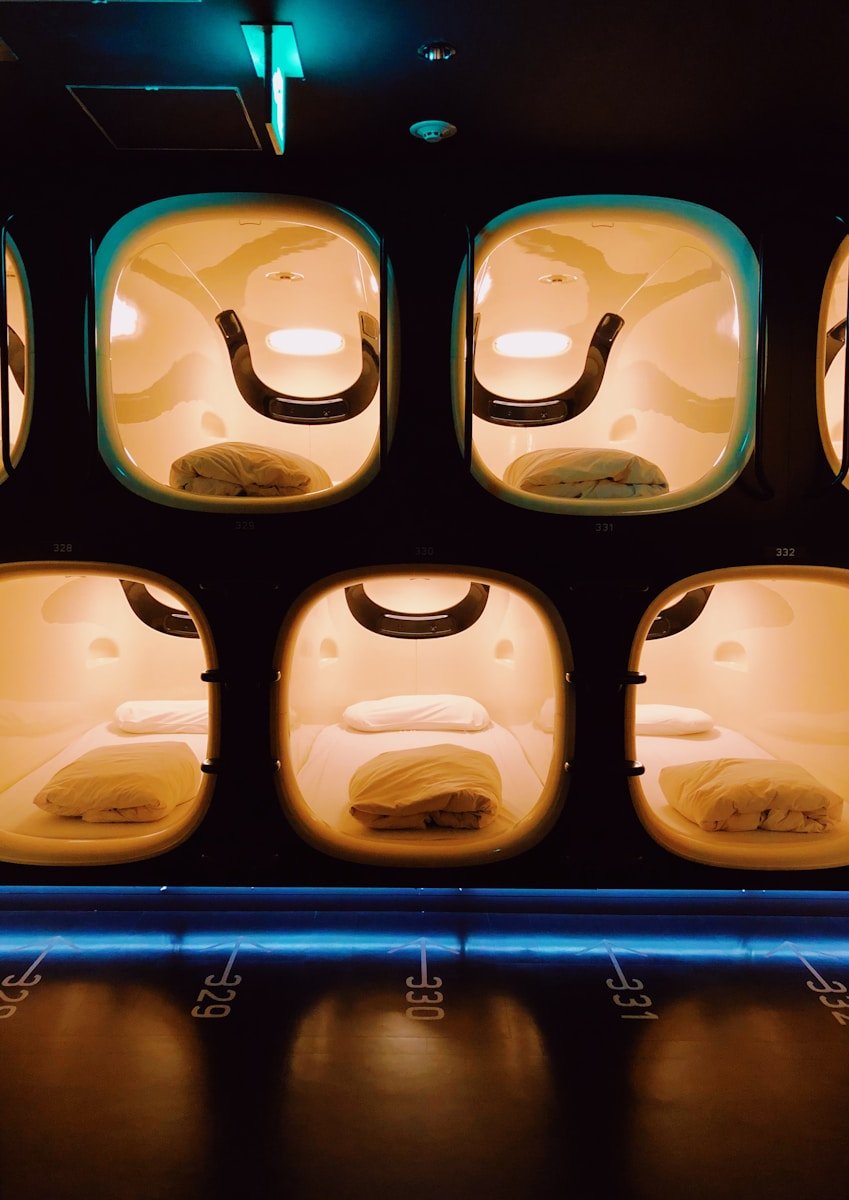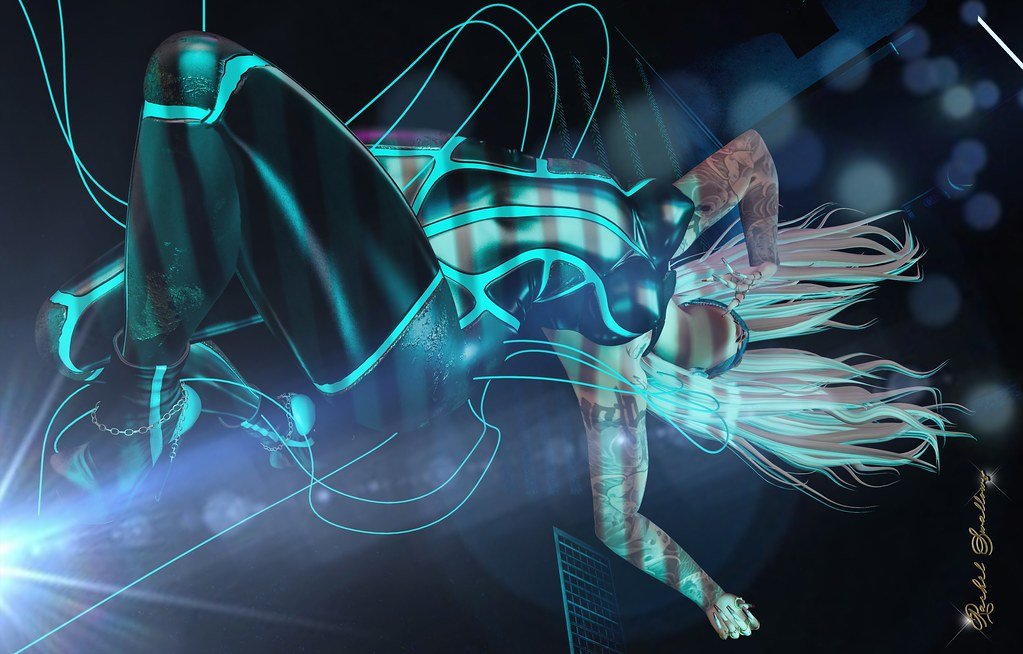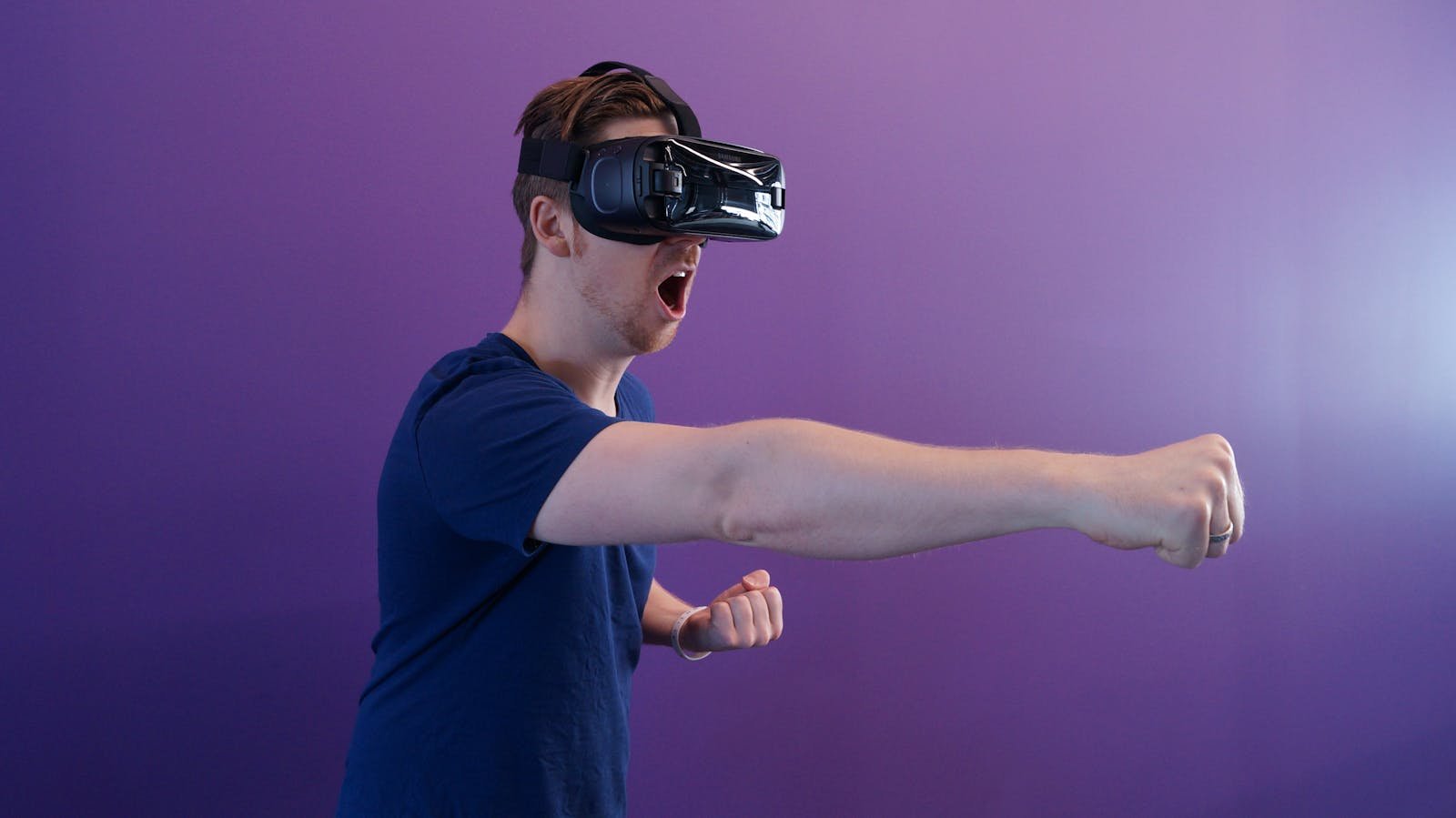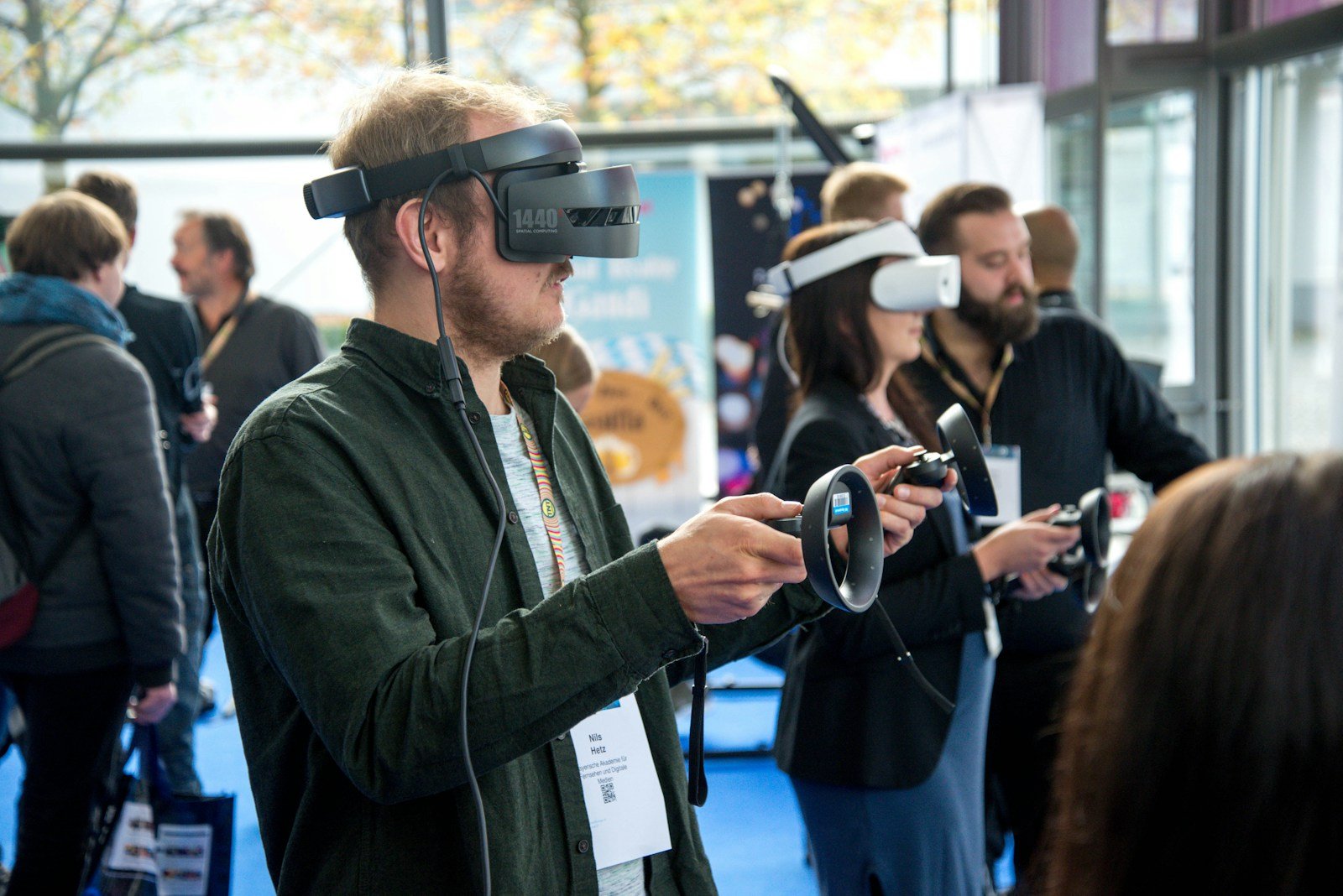Smart film, also known as switchable film or privacy film, offers versatile solutions for controlling transparency. Its applications span across various industries, enhancing both functionality and aesthetics. Here’s how smart film is transforming different environments.
-
Smart film, also known as switchable film or privacy film, offers versatile solutions for controlling transparency. Its applications span across various industries, enhancing both functionality and aesthetics. Here’s how smart film is transforming different environments.
What is Smart Film?
Smart film is a technology that allows glass surfaces to switch between transparent and opaque states. This capability is used for:
- Privacy Control
- Sun Control
- Dynamic Displays
- Energy Efficiency
Applications of Smart Film
1. Healthcare and Medical Facilities
In hospitals, clinics, and examination rooms, smart film provides instant privacy. It ensures confidentiality during consultations or procedures while maintaining a sterile environment. It’s also useful in medical imaging rooms and operating theaters.
2. Retail Displays and Advertising
Retail stores and storefronts use smart film to create dynamic displays. It transforms windows into interactive showcases for products and promotions. When opaque, it provides privacy or blocks views when the store is closed.
3. Hospitality Industry
Hotels and resorts use smart film for both privacy and aesthetics. It’s ideal for bathroom and shower enclosures, offering instant privacy. Smart film can also enhance the ambiance by transforming windows into interactive display surfaces.
4. Energy Efficiency and Sun Control
Smart film helps control the amount of sunlight entering a space. By switching to an opaque state, it reduces glare and heat gain, minimizing the need for artificial lighting and cooling. This is particularly beneficial for buildings with large glass facades.
5. Security and Safety Applications
In high-security facilities, smart film provides an additional layer of protection. Combined with impact-resistant glass, it creates an opaque barrier during emergencies, limiting visibility and enhancing security.
6. Museums and Exhibition Spaces
Smart film is used in museums and galleries to create interactive displays. It can make glass cases transparent or opaque on demand, showcasing artifacts when needed. This flexibility allows for dynamic and themed exhibitions.
7. Projection Screens
Smart film serves as an excellent rear projection screen. When transparent, it allows high-quality projections. When opaque, it functions as a regular glass surface, providing privacy or decoration.
8. Skylights and Roof Windows
Applied to skylights or roof windows, smart film offers adjustable sun control and privacy. It manages the amount of natural light entering a space, reducing glare and heat during sunny days.
9. Automotive Industry
Smart film in vehicles provides privacy, sun control, and security. It allows drivers and passengers to adjust window transparency, protecting from UV rays and ensuring privacy inside the vehicle.
10. Hospitality and Entertainment Venues
In bars, restaurants, and entertainment venues, smart film creates dynamic partitions and display surfaces. It transforms glass dividers into privacy screens or interactive displays for digital signage and entertainment.
11. Educational Institutions
Smart film is ideal for classrooms and lecture halls. It can create private study areas, divide spaces, or turn windows into interactive learning surfaces, enhancing the educational environment.
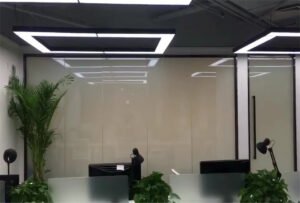

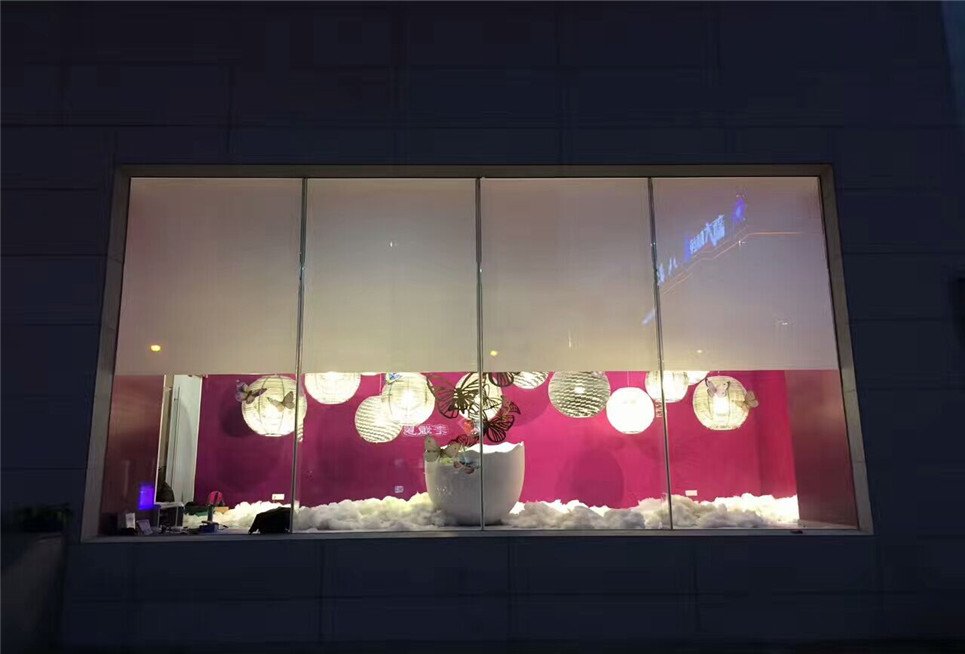
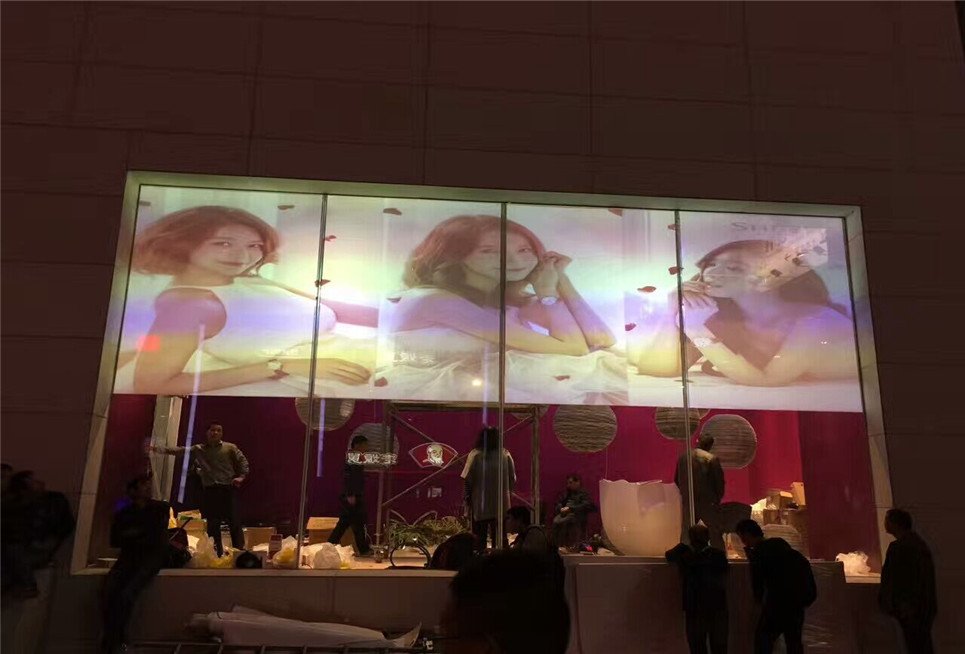
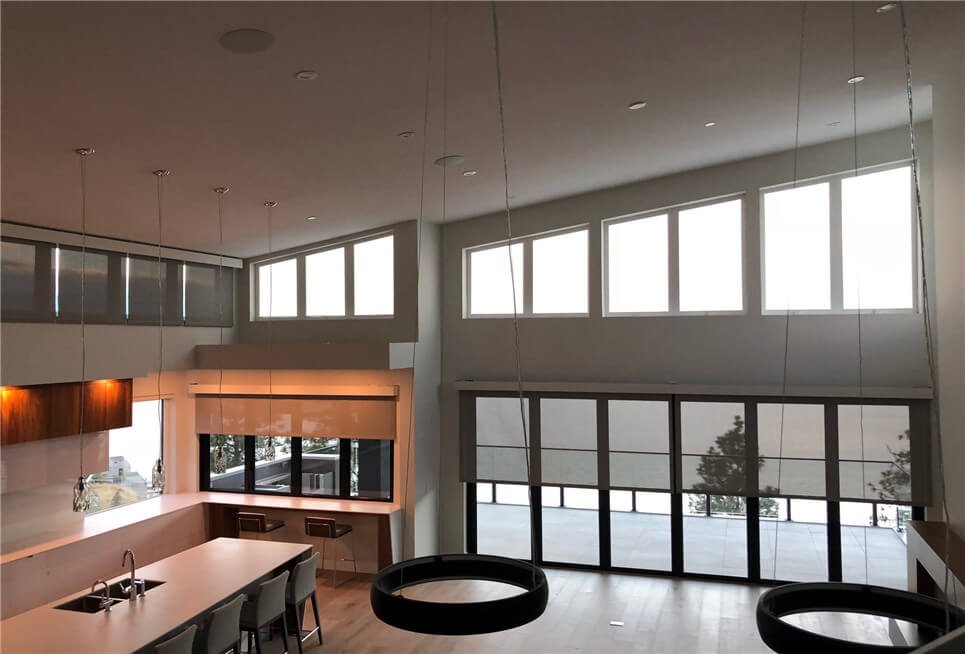
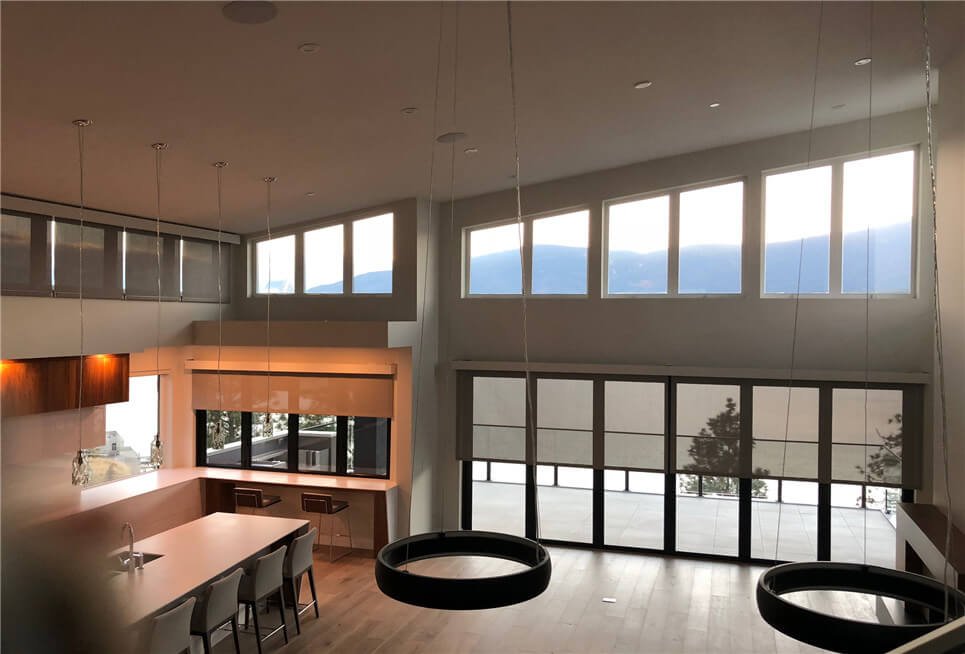
Benefits of Smart Film
1. Visual Impact: Offers dynamic and customizable visual effects.
2. Versatility: Suitable for various settings and purposes.
3. Energy Efficiency: Reduces the need for artificial lighting and cooling.
4. Enhanced Privacy: Provides instant privacy control.
5. Security: Adds a layer of protection in high-security areas.
Conclusion
Smart film technology is revolutionizing the way we interact with glass surfaces. Its ability to switch transparency on demand provides innovative solutions for privacy, sun control, and dynamic displays. As technology advances, smart film will continue to find new applications, contributing to energy efficiency, security, and enhanced user experiences across various industries.


